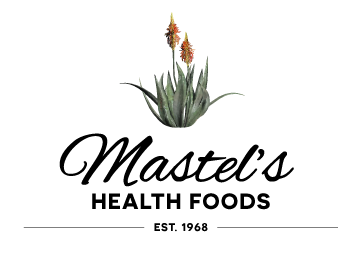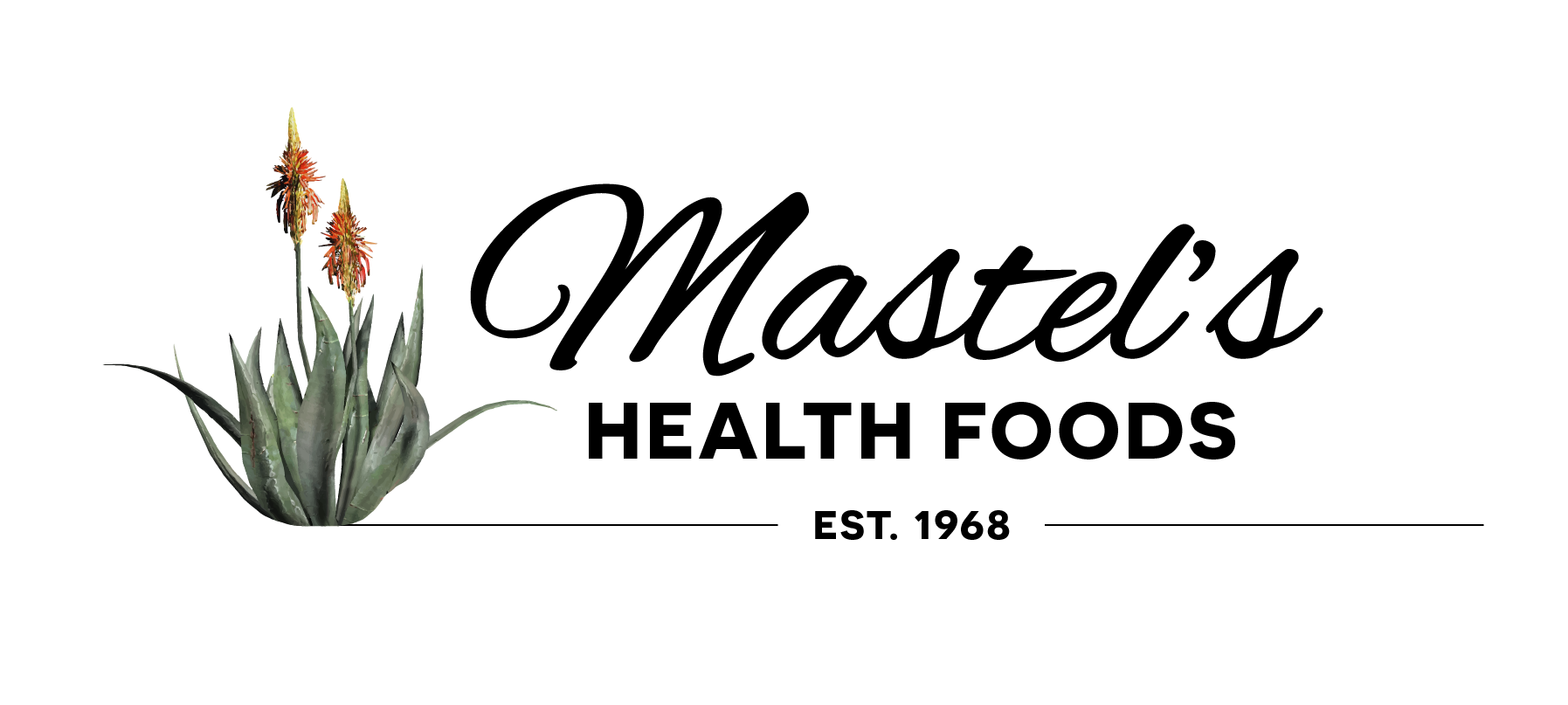Life is busy, and many of us struggle under the weight of work and family schedules, leaving us feeling a little more stressed than blessed. Pour yourself a cup of stress-relieving chamomile tea, take a deep breath, and read on for easy-to-add stress relievers to keep you feeling healthy and happy.
Several vitamins have been shown to help reduce the symptoms of stress.
Vitamin A helps to protect telomere length. Life stress is linked with shortening of telomeres, which also has been associated with aging.
Chronic stress depletes B vitamins. Add a B complex formula to your nutritional supplement routine.
Adrenal glands are rich in vitamin C. New research shows that our adrenal glands secrete not only hormones in response to stress, but also C. Remember that vitamin C is crucial for supporting your immune system. Shore up your intake during the colder weather with a supplement.
Adaptogenic herbs help the body adapt to stress by increasing both physical and mental capacity, reducing fatigue, and improving resistance to disease. In order to be considered adaptogens, herbs must act quickly and have long-lasting effects, have properties that reduce stress-induced damage, and be safe.
Passion flower (Passiflora incarnata) may help reduce symptoms of anxiety, particularly nervousness, heart palpitations, attention deficiencies, and insomnia.
Clinical research shows that rhodiola (Rhodiola rosea) helps relieve stress-related conditions and indicators of burnout, including emotional and physical exhaustion, irritability, and low mood.
Valerian (Valeriana officinalis) root may help reduce feelings of anxiety and promote calm without causing drowsiness.
If coffee stimulates feelings of anxiety, tea might help relieve them. Research shows that L-theanine in green tea mitigates physiological and emotional stress responses.
Early research indicates that cannabidiol (CBD) oil, a product made from a naturally occurring chemical in hemp, may help relieve stress and anxiety. CBD has been shown to reduce anxiety in animal studies—subjects displayed an observable reduction in both behavioral and physiological symptoms of generalized anxiety.
Additional CBD studies show positive effects on other types of anxiety-related disorders, including social anxiety disorder (SAD) and post-traumatic stress disorder (PTSD).
Hops pack a powerful anti-anxiety punch, especially when used together with valerian. Hops have a sedative effect on the nervous system that is particularly helpful for dealing with temporary insomnia—they help reduce feelings of stress that can make sleep elusive and can even improve sleep quality.
Many factors can contribute to stress. Consider whether the following things might be impacting your stress levels, and take steps to reduce them.
“10 Benefits of Hops” by Marc Seward, www.HealthyFocus.org, 5/4/17
“Association Between Leukocyte Telomere Length and Serum Carotenoid in US Adults” by K. Min and J. Min, European Journal of Nutrition, 2017
“Caffeine and Theanine Exert Opposite Effects on Attention Under Emotional Arousal” by G.E. Giles et al., Canadian Journal of Physiology & Pharmacology, 2017
“CBD Oil for Anxiety” by Kristeen Cherney, www.Healthline.com, 4/10/17
“A Current Status of Adaptogens: Natural Remedy to Stress” by S. Pawar Vinod and H. Shivakumar, Asian Pacific Journal of Tropical Disease, 2012
“Effects of Valerian on Subjective Sedation, Field Sobriety Testing and Driving Simulator Performance” by K. Thomas et al., Accident Analysis and Prevention, 2016
“Multicenter, Open-Label, Exploratory Clinical Trial with Rhodiola rosea Extract in Patients Suffering from Burnout Symptoms” by S. Kasper and A. Dienel, Neuropsychiatric Disease and Treatment, 2017
“Reducing Occupational Stress with a B Vitamin Focused Intervention...” C. Stough et al., Nutrition Journal, 2014
“Weekly Change in Mindfulness and Perceived Stress in a Mindfulness-Based Stress Reduction Program” by R.A. Baer et al., Journal of Clinical Psychology, 2012
Byline: Lisa Petty, PhD This article originally appeared on TasteForLife.com.

